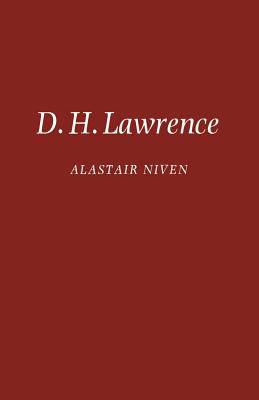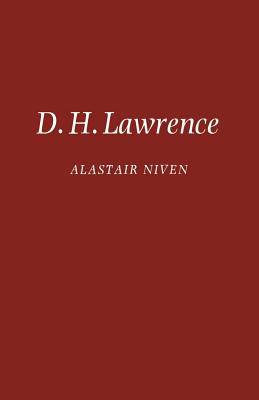
- Afhalen na 1 uur in een winkel met voorraad
- Gratis thuislevering in België vanaf € 30
- Ruim aanbod met 7 miljoen producten
- Afhalen na 1 uur in een winkel met voorraad
- Gratis thuislevering in België vanaf € 30
- Ruim aanbod met 7 miljoen producten
Omschrijving
In this new study of his major fiction, Alastair Niven revalues all the novels, tracing how Lawrence developed through them, both as an artist and a thinker. He pays particular attention to the relationship of Lawrence's language to his themes. At the centre of the book Dr. Niven discusses "The Rainbow" and "Women in Love" as the diverse products of a single creative intention, nothing less than an exploration of where modern man is going. Lawrence's early novels, "The White Peacock" and "The Trespasser," are given closer scrutiny than usual. There are also full-length chapters on Lawrence's well-known fiction of sexual self-discovery, "Sons and Lovers" and "Lady Chatterley's Lover." The 'travel' novels--"The Lost Girl," "Aaron's Rod," "The Plumed Serpent," and especially the Australian novel "Kangaroo," which the author believes have been seriously underestimated by previous critics--are given prominence as evidence of Lawrence's restless desire to find alternative spiritual, moral, and ethical values to those he believed had failed in England.
Dr. Niven's conclusions are derived solely from his close reading of the novels themselves, or, when relevant, from Lawrence's correspondences and short stories. This study, with its unusually lively and commonsense approach, confirms Lawrence as not only a great novelist, but as a central figure in the development of the modern mind.
Specificaties
Betrokkenen
- Auteur(s):
- Uitgeverij:
Inhoud
- Aantal bladzijden:
- 200
- Taal:
- Engels
- Reeks:
Eigenschappen
- Productcode (EAN):
- 9780521292726
- Verschijningsdatum:
- 23/02/1978
- Uitvoering:
- Paperback
- Formaat:
- Trade paperback (VS)
- Afmetingen:
- 140 mm x 216 mm
- Gewicht:
- 285 g

Alleen bij Standaard Boekhandel
Beoordelingen
We publiceren alleen reviews die voldoen aan de voorwaarden voor reviews. Bekijk onze voorwaarden voor reviews.







